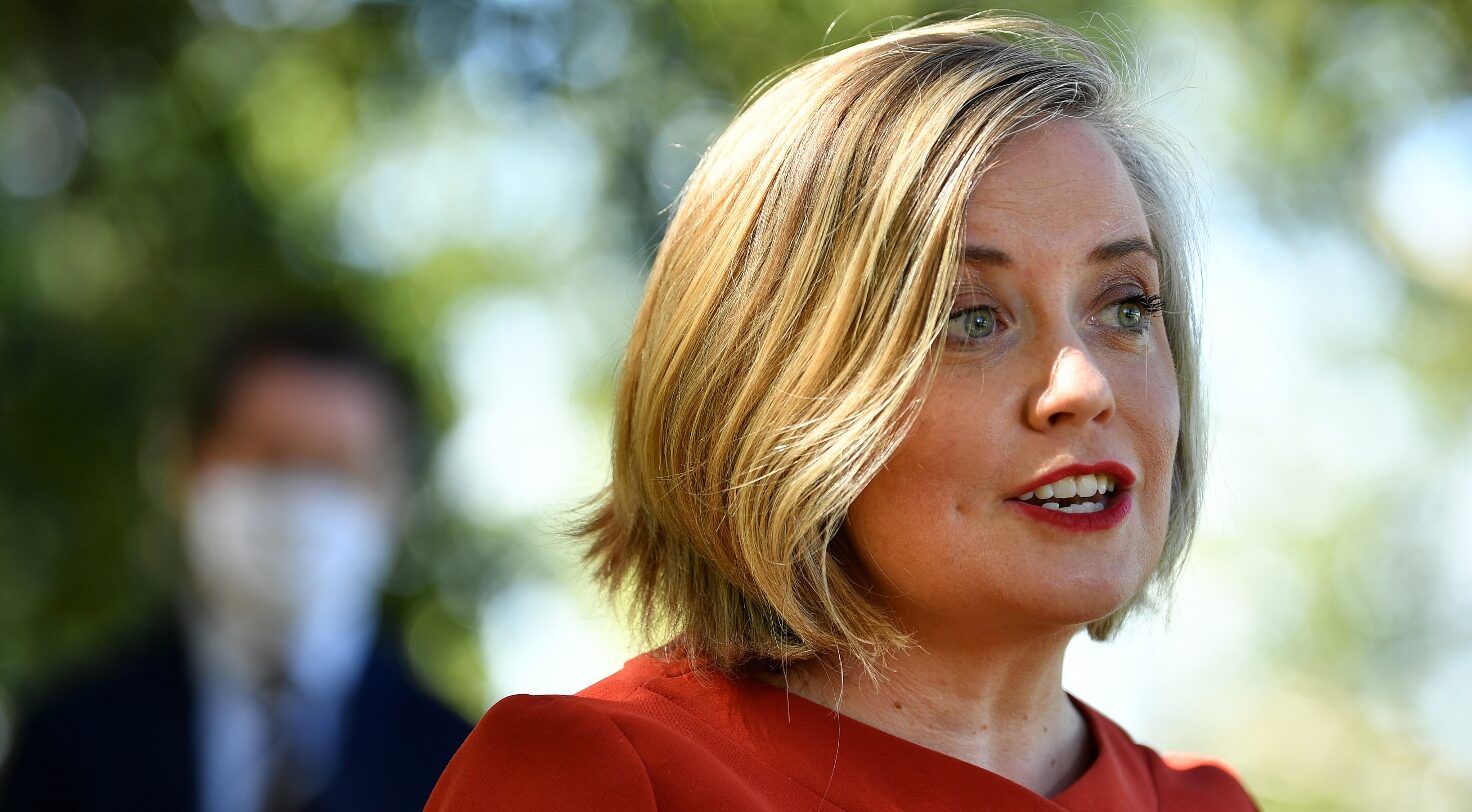
Anti trafficking measures or anti human rights
Sex worker advocacy groups have hit out on the NSW Government’s latest move to restrict the sex worker license scheme.
The NSW Government announced last week it would introduce a more stringent licensing application process for brothels to prevent repeat instances of human trafficking and to eradicate criminal involvement in the sex industry.
Victorian sex worker and advocate for sex worker rights, Christian Vega, believes these measures are ineffective as they depict the majority of sex workers as the victims of trafficking or in need of exit programs.
“These activities may serve the genuine needs of a small group of sex workers and victims of crime, the rights of the majority of us go ignored,” he said.
The NSW Government’s plans are a response to the recent news of illegal human trafficking and sex trade that was unearthed in at least three brothels across Melbourne and two in the city of Sydney.
The State also declared a crackdown on unsafe sex practices within the sex industry.
The Sex Workers Outreach Project (SWOP), the leading health agency for sex workers in NSW, said enforcements such as criminalising incidents of unprotected sex will inevitably be ineffective and undermine the health and safety of both workers and clients in the industry.
SWOP General Manager Lance Schema said sex workers operating in NSW maintain a high awareness and dedication to safe sex practice, with the overwhelming majority refusing to engage in dangerous behaviour.
Mr Schema suggests the government invest in educating the sex industry’s clients as an alternative to increased regulation.
Research by UNSW’s Kirby Institute found evidence-based education provided a better solution to the practice of unsafe sex than regulation.
The study conducted in 2010 found that 99 per cent of commercial sex encounters involved a condom.
STI rates among sex workers are at a historic low, according to the institute.
Mr Schema said SWOP feared the proposed policies would contribute to the isolation of vulnerable sex workers and will restrict the actions of health workers.









